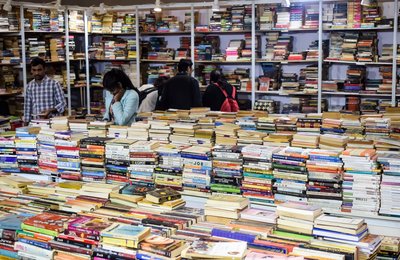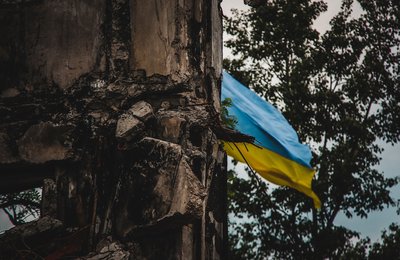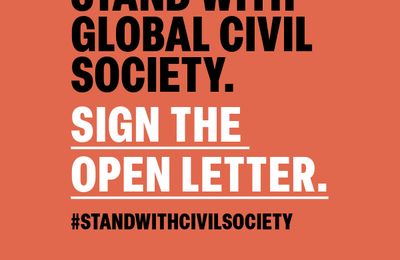Peacebuilder perspectives: Between burnout and hope
Kessy Ekomo Soignet speaks of the emotional complexity of peacebuilding in the current environment, highlighting the toll on peacebuilders' wellbeing and sharing a message for other local peacebuilders.

It is becoming harder and harder to carry the title ‘peacebuilder’ in a place like the Central African Republic (CAR). Some days, I even hesitate to introduce myself that way. Not because I no longer believe in peace, quite the opposite. But because it’s heavy. It feels increasingly disconnected from the world we are navigating. Almost surreal.
The crises multiply, the headlines shift, and the funding streams dry up. Yet here we are: still writing proposals, still facilitating dialogues, still showing up in communities, sometimes with barely enough fuel to get there, sometimes without even knowing if it’s safe to speak.
It’s a strange contradiction. On the one hand, our presence is expected. On the other, our voices are increasingly sidelined. In CAR, new legislative frameworks, like the media law[1] and the proposed ‘foreign agents’ bill, are tightening control over civic space. The message is clear: speak less, do more, stay grateful.
And while the space to speak shrinks, the emotional cost grows. This work has always been personal. We don’t step in and out of peacebuilding, we carry it in our bodies, in our relationships, in our homes. We are not observing the crisis from a distance. We are living inside it. And we are doing so while being asked to deliver outcomes, remain neutral, absorb shocks, stay creative.
But we are tired. Not of believing, of pretending. Of pretending that ‘resilience’ alone is enough. Of masking burnout as ‘commitment’. Of being endlessly adaptable, endlessly available, endlessly resourceful, even as the floor beneath us trembles.
There are moments when doubt creeps in. Are we still making a difference? Are we just repeating cycles of projects that leave no space for care, for truth, for transformation? Are we designing change, or just managing fatigue?
And yet, despite everything, I do not believe this is the end. I believe this is the turning point.
Because beyond the weariness, there is also something else stirring. A quiet refusal. A need to reimagine. A hunger for something more honest, more rooted, more alive.
We cannot keep reproducing the same formats, the same language, the same logics, not when the world around us is shifting so radically. We need to create new spaces, not just defend the old ones. We need to listen deeper, collaborate wider, and trust that innovation doesn’t always look like technology or fancy strategy decks. Sometimes, it’s a drum circle. A community garden. A pop-up poetry reading.
We also need to reclaim the right to feel. To grieve. To slow down. To say: this is hard. And it’s okay to say that.
I often think about how little attention is paid to the mental health of peacebuilders. How care is never budgeted for. How rest is treated as a reward instead of a right. But how can we carry others if we are running on empty? How can we embody peace if our own bodies are in survival mode?
This is not about being fragile. It’s about being human. And honest. And intentional about building ecosystems that nurture us, not just extract from us.
Still, in the middle of all this fear, noise, and silence, something beautiful persists: the stubbornness of hope. The quiet power of small wins. The power of collectives that keep going, even when the spotlight is elsewhere.
Local peacebuilding today is not business as usual. It’s an act of rebellion. Of imagination. Of faith.
And to all my fellow peacebuilders out there: in CAR, in Sudan, in Myanmar, in Colombia, in every place where the world forgets but you remain… I want to say: I see you.
I see your rage, your tenderness, your doubts, your brilliance. I know the loneliness of being the ones who hold space when no-one else will. I know the pain of being asked to ‘scale impact’ when you haven’t even had time to rest.
You are not alone.
May you find moments to breathe. To laugh. To scream if you need to. To remember that even in exhaustion, there is dignity. Even in broken systems, we can build something different… together.
We are still here, still trying, still believing.
And that, in itself, is revolutionary.
Join Kessy at Peace Connect, a global gathering for local peacebuilders dedicated to community, collective action and wellbeing: www.peacedirect.org/peace-connect.







